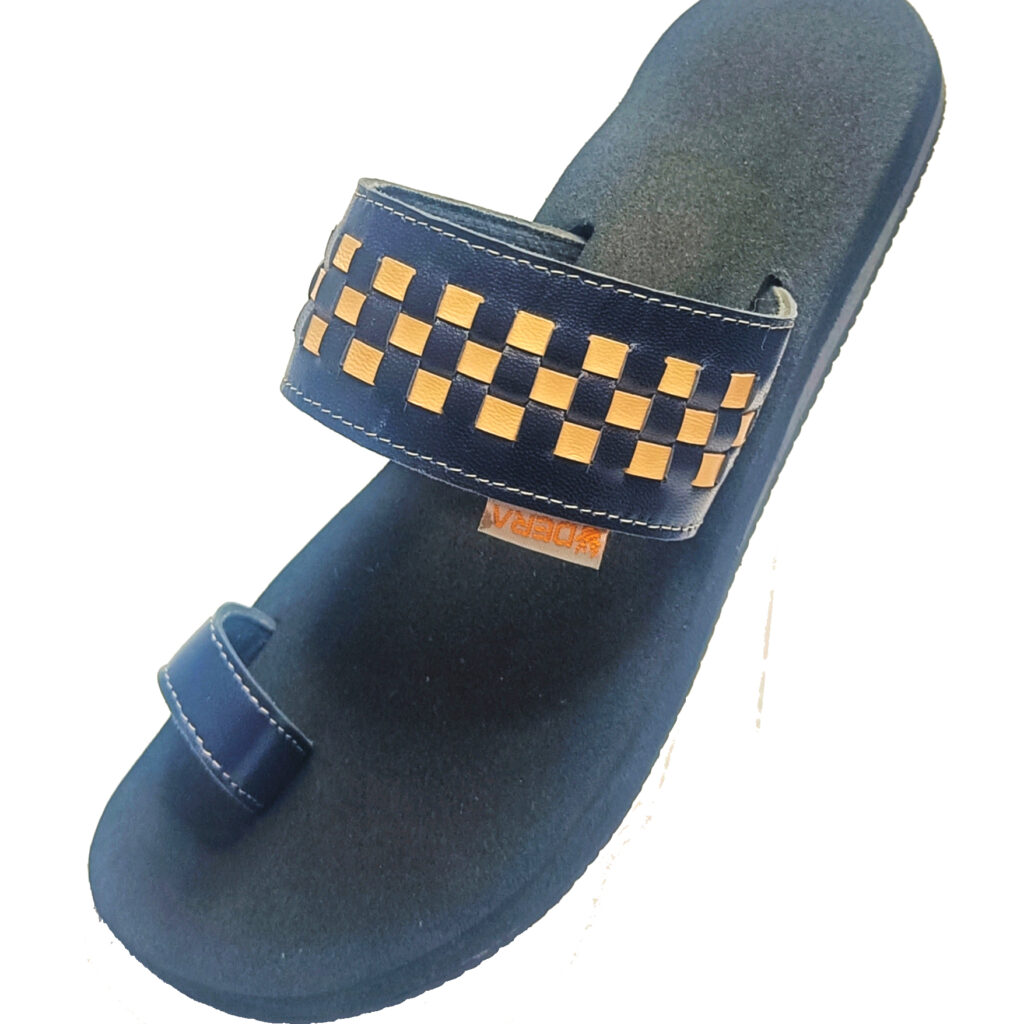Orthopedic foot issues can cause pain and discomfort. In this blog post, we explore common problems and effective solutions.
- Common Orthopedic Foot Issues:
Orthopedic foot issues encompass a range of conditions, including plantar fasciitis, bunions, flat feet, arthritis, and hammertoes. These issues can significantly impact mobility and quality of life. - Causes and Symptoms:
Understanding the causes and symptoms of orthopedic foot issues is vital for effective management. Causes may include genetics, improper footwear, injuries, or underlying medical conditions. Symptoms vary but often include pain, swelling, stiffness, and difficulty walking. - Seeking Professional Diagnosis:
If you experience persistent foot pain or suspect an orthopedic issue, consult a healthcare professional specialized in podiatry or orthopedics. They can provide an accurate diagnosis and recommend appropriate treatment. - Treatment Options:
Treatment for orthopedic foot issues depends on the specific condition and its severity. Options may include orthotic inserts, physio therapy, medication, footwear modifications, or in some cases, surgery. A personalized treatment plan is crucial for optimal outcomes. - Importance of Proper Footwear:
Wearing appropriate footwear plays a significant role in managing orthopedic foot issues. Look for shoes with excellent arch support, cushioning, stability features, and a comfortable fit. Orthopedic footwear or custom orthotics can provide additional support and alleviate symptoms. - Home Care and Lifestyle Modifications:
In addition to professional treatment, self-care and lifestyle modifications can aid in managing orthopedic foot issues. This may include regular stretching exercises, weight management, avoiding high-impact activities, and practicing good foot hygiene. - Prevention and Injury Prevention:
Taking preventive measures is essential for maintaining foot health. This includes wearing proper footwear, gradually increasing activity levels, maintaining a healthy weight, and being mindful of foot posture and alignment during daily activities. - The Role of Physio Therapy:
Physio therapy plays a crucial role in rehabilitating and strengthening the feet. A qualified physio therapist can create a tailored exercise program to improve flexibility, strength, and balance, promoting overall foot function. - Importance of Regular Check-ups:
Regular check-ups with a podiatrist or orthopedic specialist are vital, even if you’re not experiencing any foot issues. Routine examinations can detect early signs of problems and allow for prompt intervention, preventing potential complications.
Orthopedic foot issues can significantly impact daily life, but with proper diagnosis, treatment, and preventive measures, individuals can find relief and improve their foot health and overall well-being. Remember, early intervention is key.












